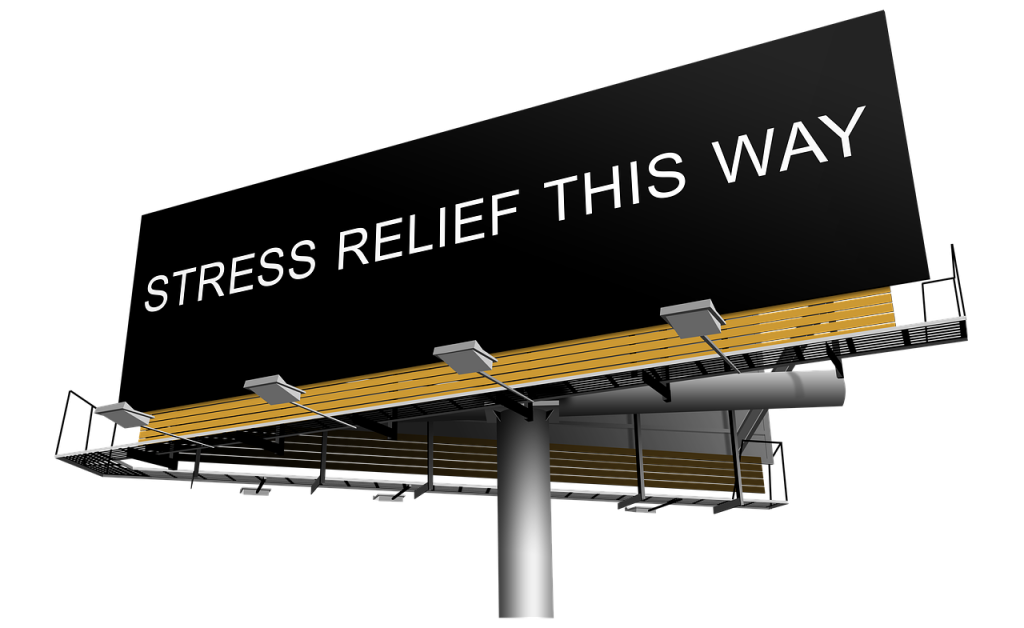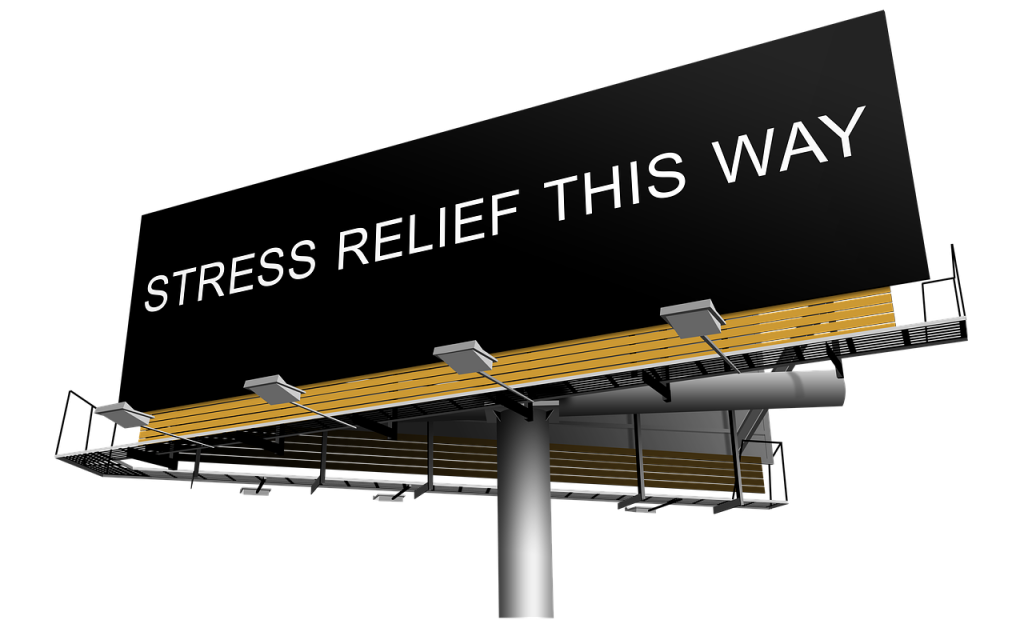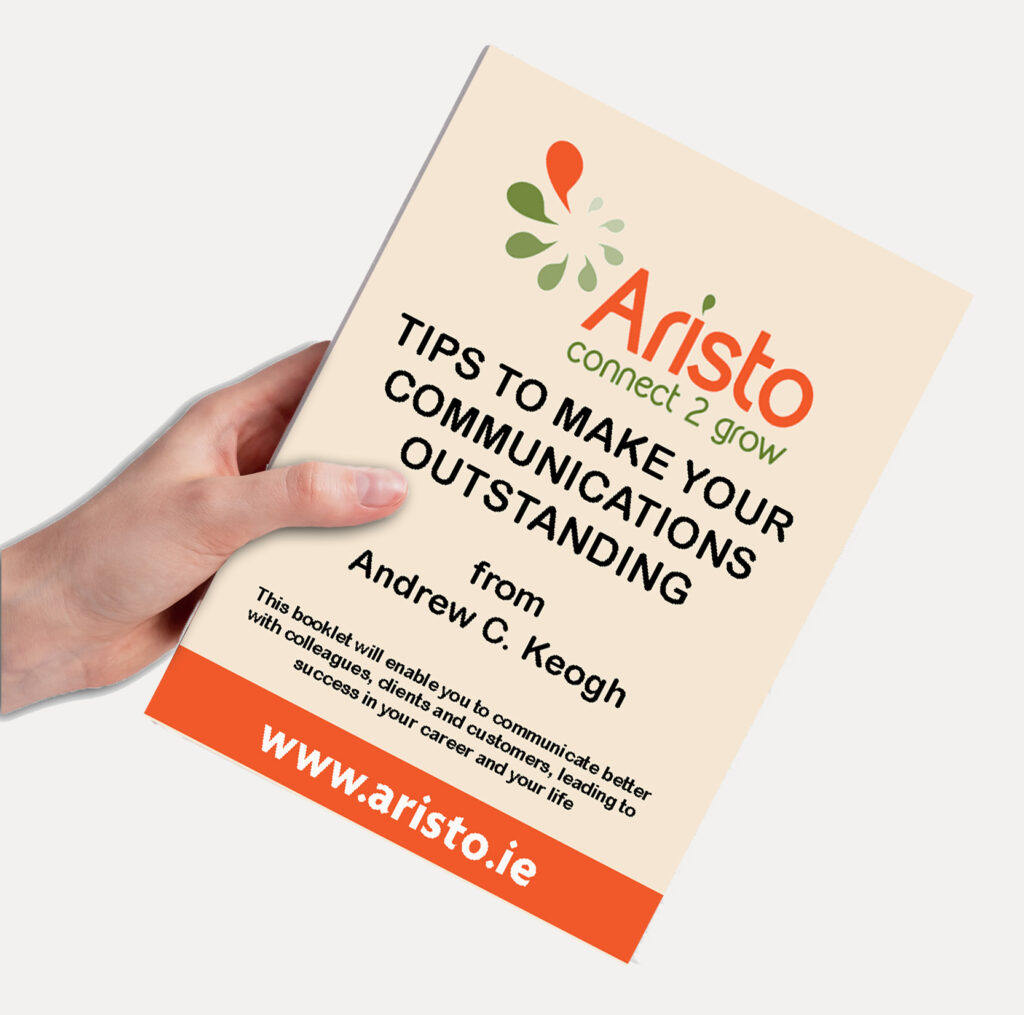
How to Stop Worrying and Start Living
I was in my 20s. I had a wife, a son and a job with a company that I hated working for. It was my first job in management, I was stressed to the nines and losing sleep (I developed psoriasis skin condition at the time, and was told it had nothing to do with stress). Thankfully, this is no longer the advice given by doctors.
Ironically, the company that I disliked working for so much were also the company that sent me on a management course that changed my life. The course helped me to realise that management was not about being a bully, but about having people want to follow you.
Why am I telling you this story?
Because I now see lots of people in similar stressful situations, worried about their families, their health and their careers.
The book I’m recommending is old, in the sense that the Americans think 200 years is old and we in Europe think 200 miles is a long way.
The book was written in the 1940s (after the great depression) as a guide to how to manage stress and worry, and is equally applicable today, as people have not changed in that short space of time.
The book was Dale Carnegie’s “How to Stop Worrying and Start Living”.
Here are a couple of the many principles from the book that changed my life.
Get the Facts and Decide What to Do
“You’ll also worry less if you review an issue. This way you can fix the situation. The first step is getting the facts right. Next, is to examine the facts. Lastly, arrive at a decision and act upon it. When you have the facts, you can do something about the issue. In the absence of facts, you’ll roam around in confusion.”
“In contrast, get the facts in a fair way. And then your worries will go away. Another way of getting facts reasonably is to imagine you’re gathering information for another person. This way you’ll think less emotionally. Try collecting facts for both ends of the issue. For example, a lawyer will collect facts to analyze a case’s weaknesses and strengths. It also helps in writing down what your exact worries are. Then, determine what to do and start”.
Ways to Change Your Attitude
“Apart from taking steps to avoid worrying, you also need to change your mindset. This’s because we are what our thoughts are. Hence, to worry less and shape your life, pick the right thoughts. This means keeping a positive attitude and not a negative one. Yes, have concerns about your problems. But, don’t get tense about them. Allow your positive mindset to help you take useful steps to solve the issues.”
“Being positive can have incredible effects. If you change your thoughts, you may remove fear, worry, and other illnesses. Even the Bible stresses the importance of keeping a positive mindset.”
“Only making up your attitude could be tough to change your emotions and feelings. But, you can do this if you change your actions. Such actions will influence your thoughts. For example, if you act the signs of being happy, you’ll feel satisfied. It’s physically not possible to stay unhappy if you’re acting happily. In simple terms, act happy, and you’ll feel happy”.
“EVERY DAY IS A NEW LIFE TO A WISE MAN.”
How to Stop Worrying and Start Living may not be the book for you, go find or remember the books that were an influence on you and reread.
My best advice in these troubled times is to remain positive and do something creative and stimulating. This crisis will not last. We will get through it and then in a few years, we will have difficulty remembering why we were so concerned.
Find a quiet corner, turn off all your devices, and take the time to relax and read.
Here are a couple of suggestions:
“19 Acres by John Healy”, a short but impactful book about Ireland in previous difficult times.
“Strumpet City “by James Plunkett, based around the 1914 lockout and very relevant to the anniversaries that have just passed and are coming up shortly in Ireland.
Donal Ryan’s “From a low and quiet sea” – an insight into the new Ireland, another book that will stay with you long after you have put it down.
This would also be a great time to instil a love of poetry in your children. Why not look up Roger McGough children’s poems, they will thank you for the rest of their lives.




